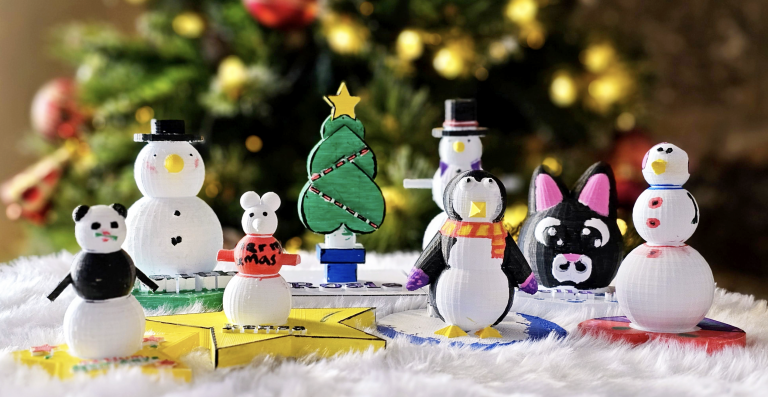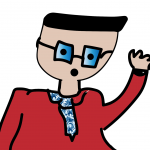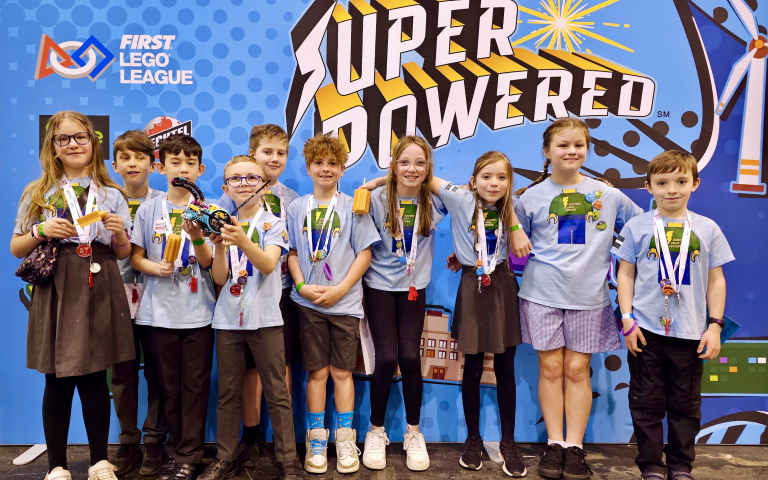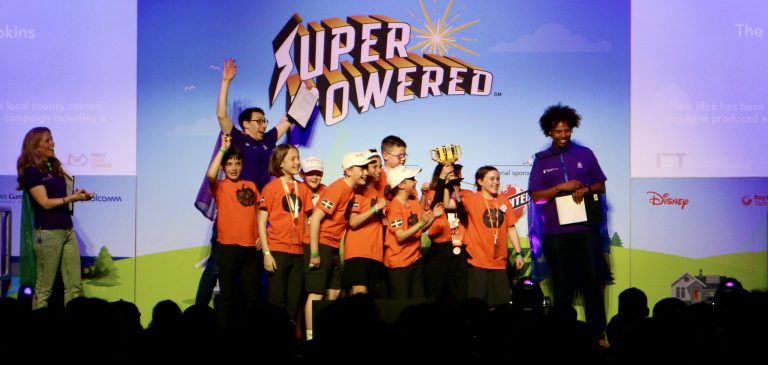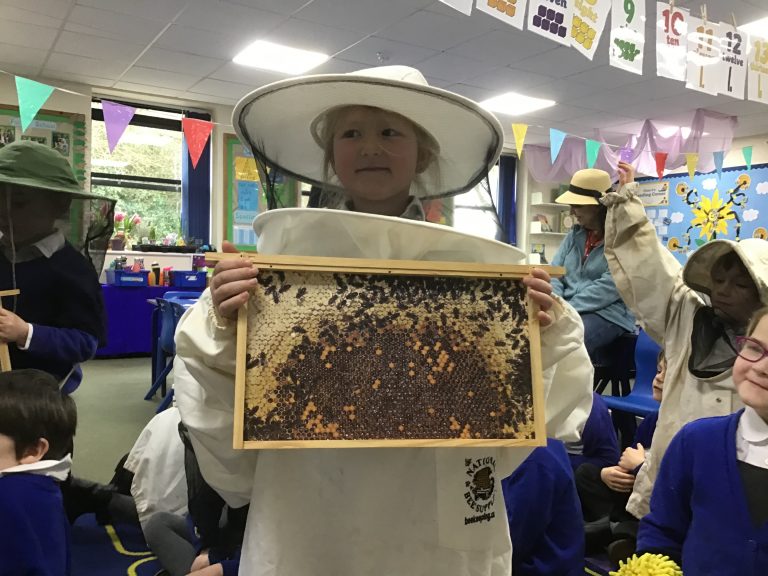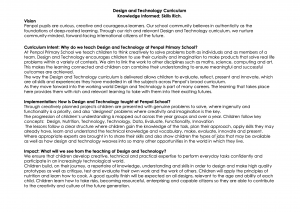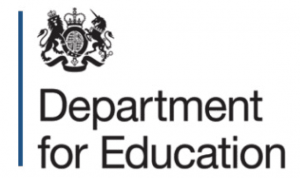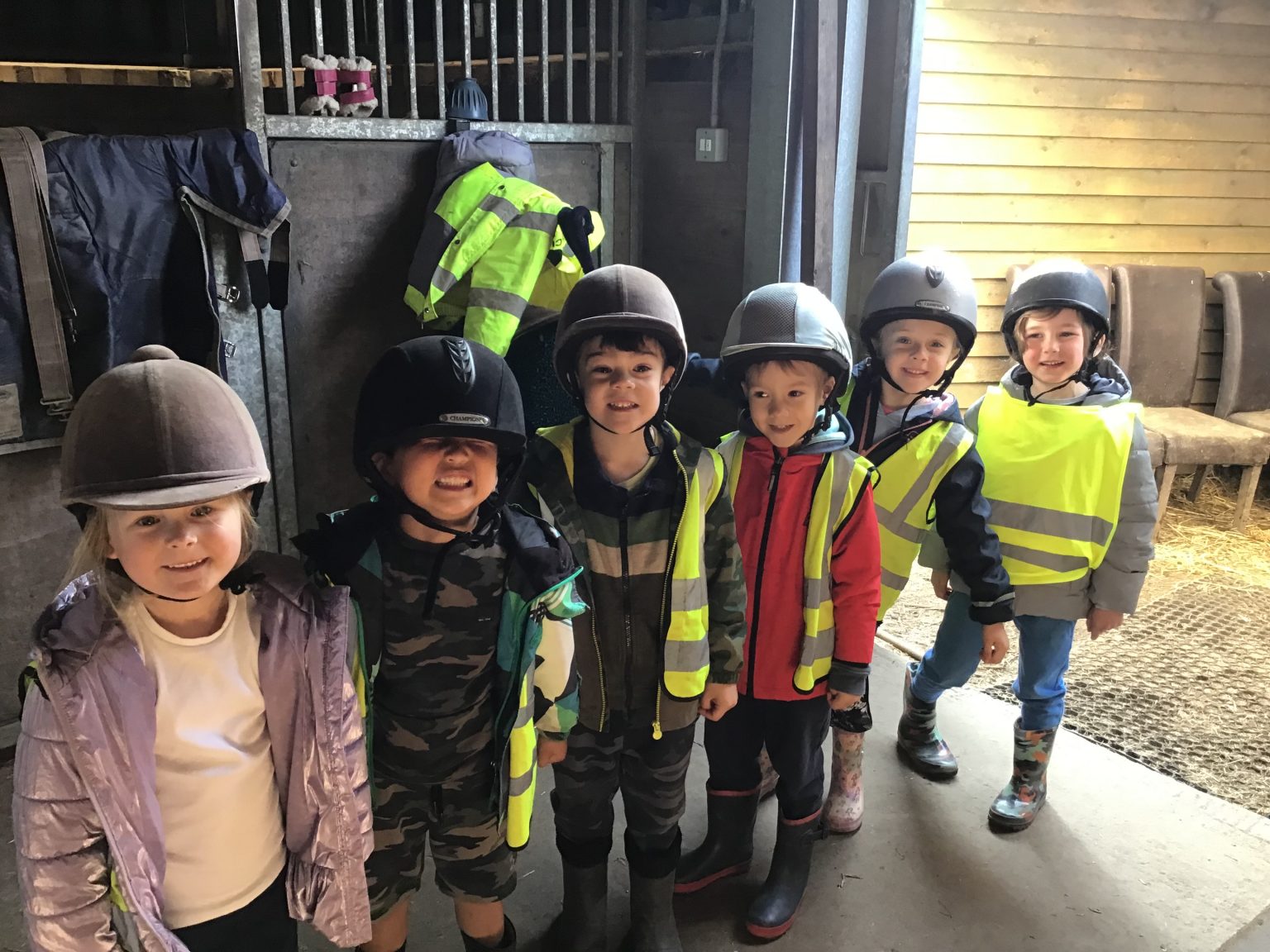
Curriculum Links
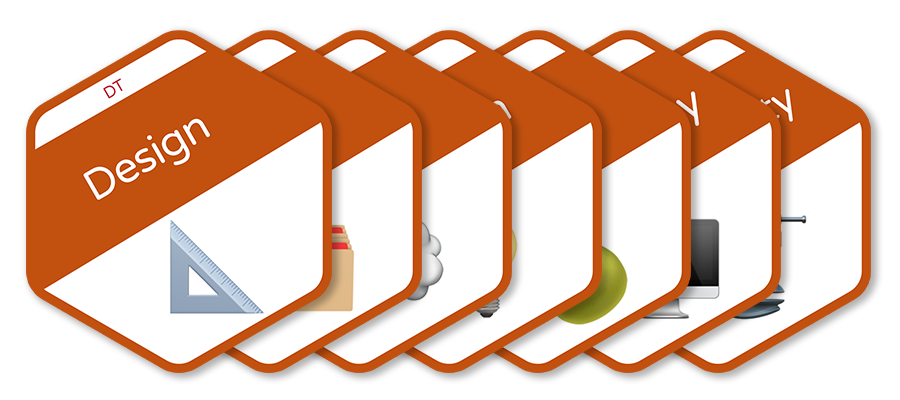
Design Technology Curriculum
DT at Penpol School is led by Tiffany Pope
DT at Penpol School
- Intent
- Implementation
- Impact
Why do we teach DT at Penpol School?
At Penpol Primary School we teach children to think creatively to solve problems both as individuals and as members of a team. Design and Technology encourages children to use their curiosity and imagination to make products that solve real life problems within a variety of contexts. We aim to link the work to other disciplines such as maths, science, computing and art. This makes the learning connected and children can combine their understanding to ensure meaningful and successful outcomes are achieved.
The way the Design and Technology curriculum is delivered allows children to evaluate, reflect, present and innovate, which are all skills and experiences they have modelled in all the subjects across Penpol’s broad curriculum.
As they move forward into the working world Design and Technology is part of many careers. The learning that takes place here provides them with rich and relevant learning to take with them into their exciting futures.
How is DT taught at Penpol School?
Through creatively planned projects children are presented with genuine problems to solve, where ingenuity and functionality is a priority, and also ‘designed’ problems where creativity and imagination is the key.
The progression of children’s understanding is mapped out across the year groups and over a year. Children follow key concepts: Design, Nutrition, Technology, Technology, Data, Evaluate, Functionality, Innovation.
The lessons follow a clear structure where children gain the knowledge of the task, plan their approach, apply skills they may already have, learn and understand the technical knowledge and vocabulary, make, evaluate, innovate and present. Where appropriate experts are brought in to share their skills and also show children the types of jobs that may be available as well as how design and technology weaves into so many other opportunities in the world in which they live.
What will we see from the teaching of DT at Penpol?
We ensure that children develop creative, technical and practical expertise to perform everyday tasks confidently and participate in an increasingly technological world.
Children build, on their journey, a repertoire of knowledge, understanding and skills in order to design and make high quality prototypes as well as critique, test and evaluate their own work and the work of others. Children will apply the principles of nutrition and learn how to cook. A good quality finish will be expected on all designs, relevant to the age and ability of each child. Children learn how to take risks, becoming resourceful, enterprising and capable citizens so they are able to contribute to the creativity and culture of the future generation.
Concepts taught in DT at Penpol
-
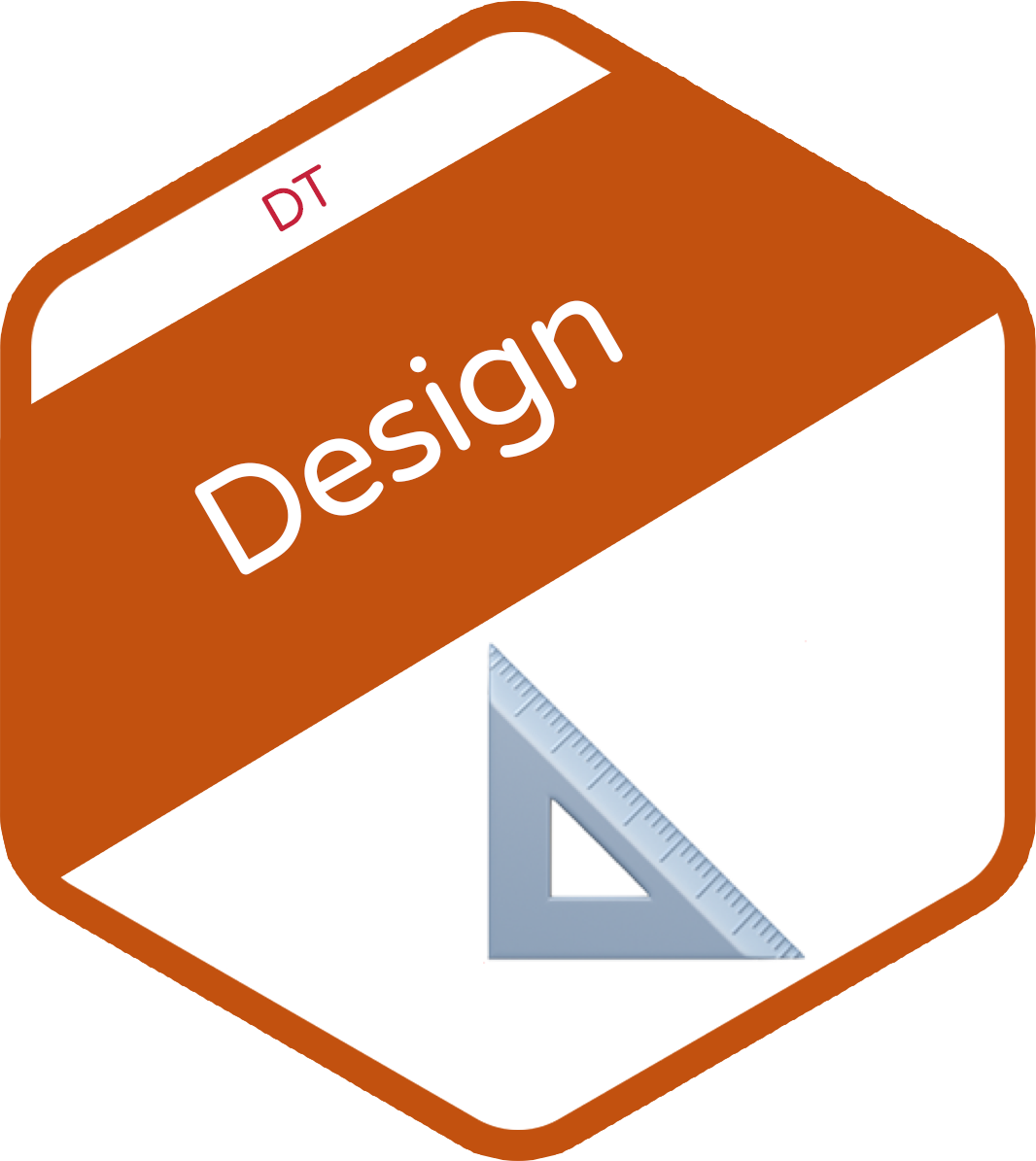
Design
A plan or drawing produced to show the look and function or workings of a building, garment or other object before it is made.
-
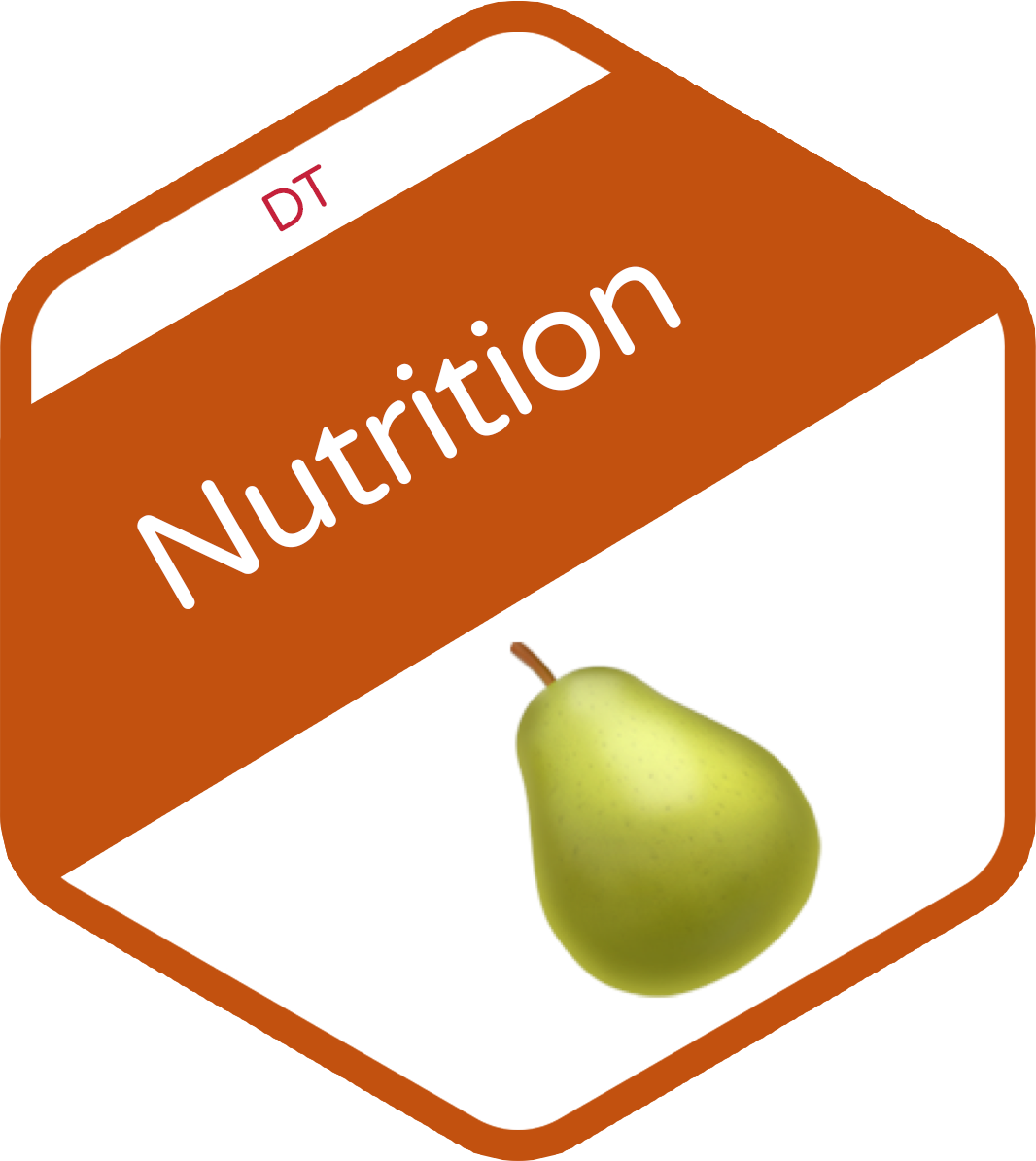
Nutrition
The nourishment or energy that is obtained from food consumed, or the process of consuming the proper amount of nourishment and energy. An example of nutrition is the nutrients found in fruits and vegetables. An example of nutrition is eating a healthy diet.
-
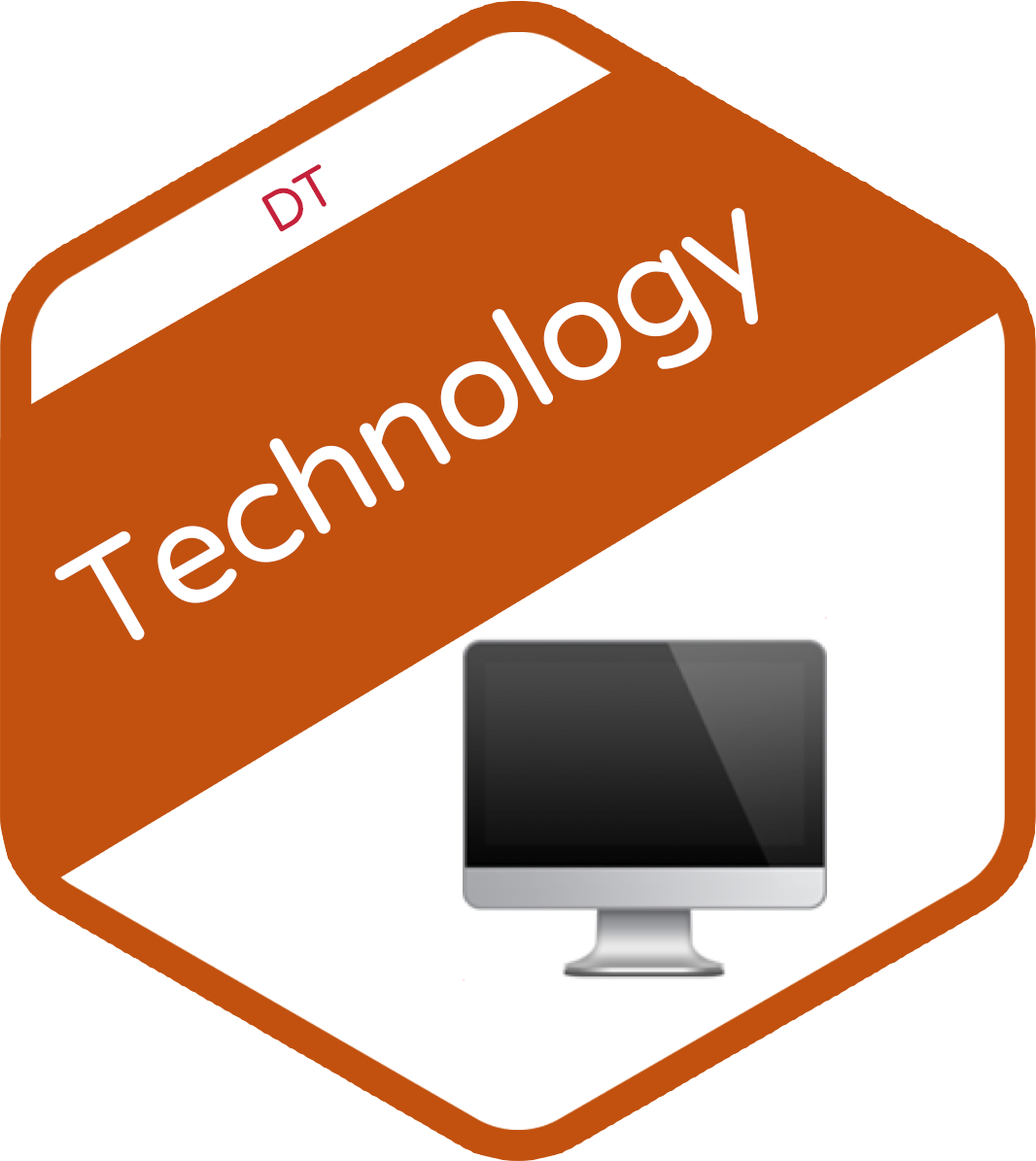
Technology
Technology is the science or knowledge put into practical use to solve problems or invent useful objects or tools.
-
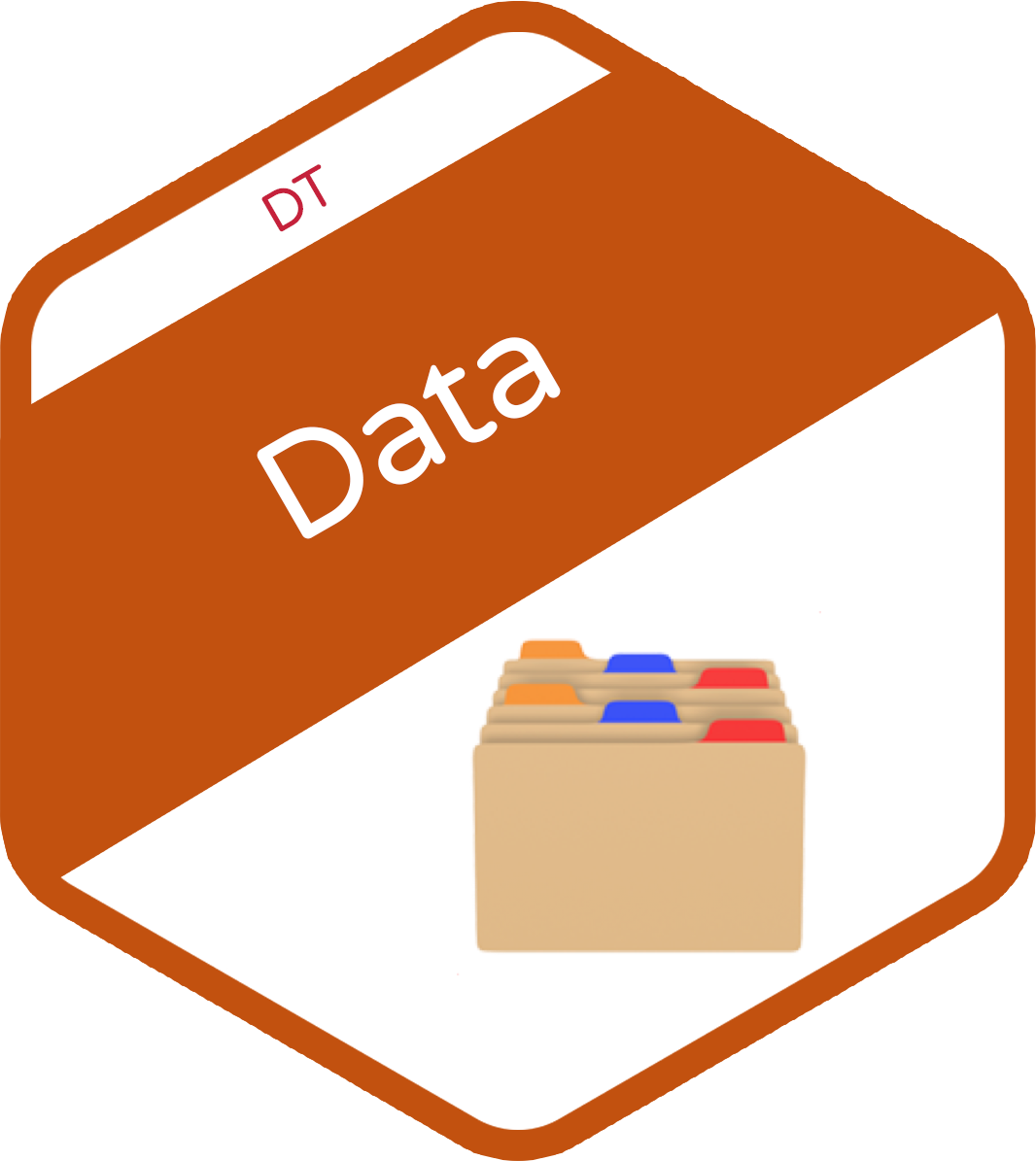
Data
Data is ‘known facts'. It especially refers to numbers, but can also mean words, sounds and images also. Originally, data is the plural of the Latin word datum which means ‘give’.
-
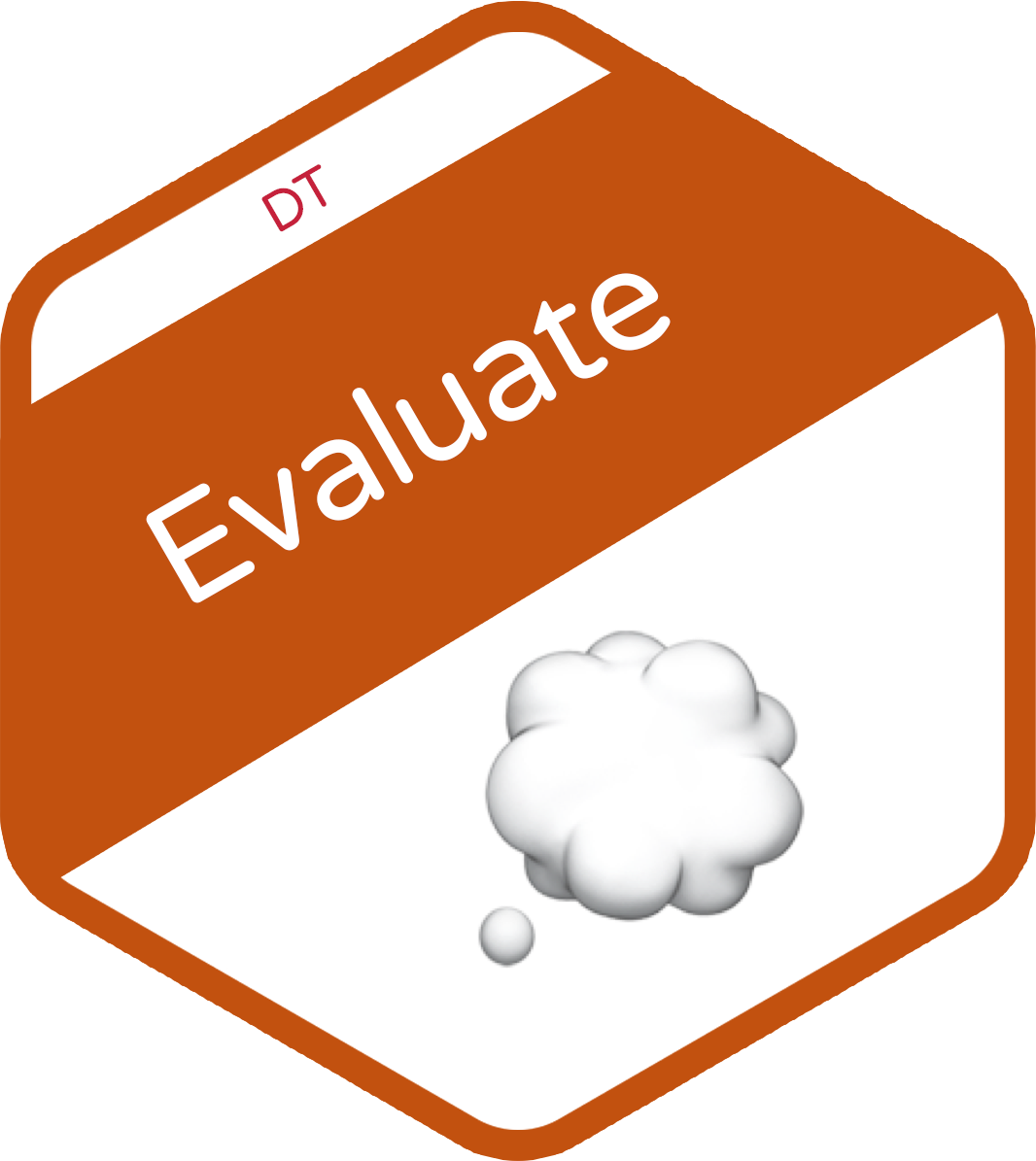
Evaluate
To evaluate is the act or the result of evaluating a situation that requires careful consideration to determine the value, nature, character, or quality of something.
-
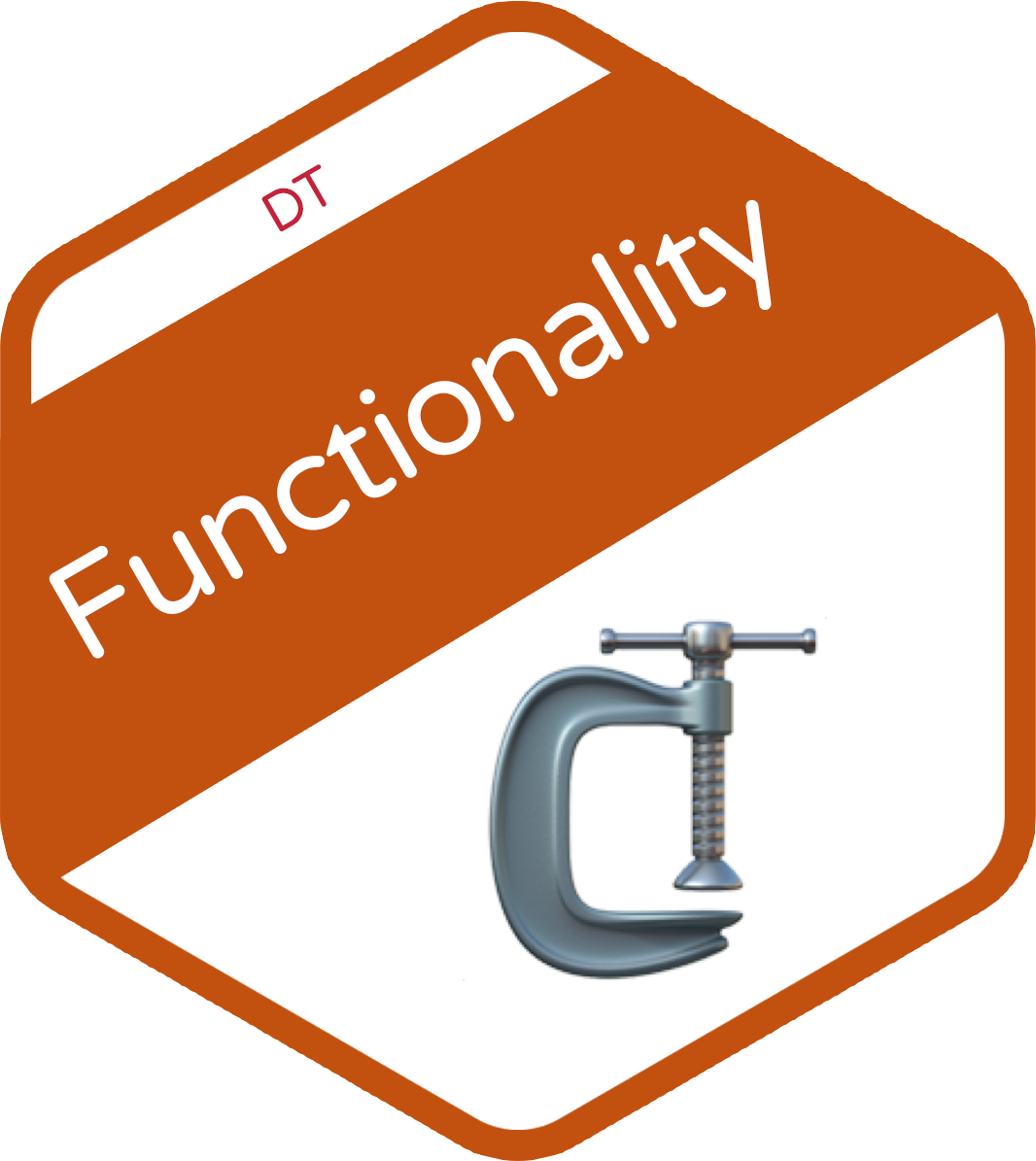
Functionality
The quality or state of being functional. A design that is admired for it beauty and for its use.
-
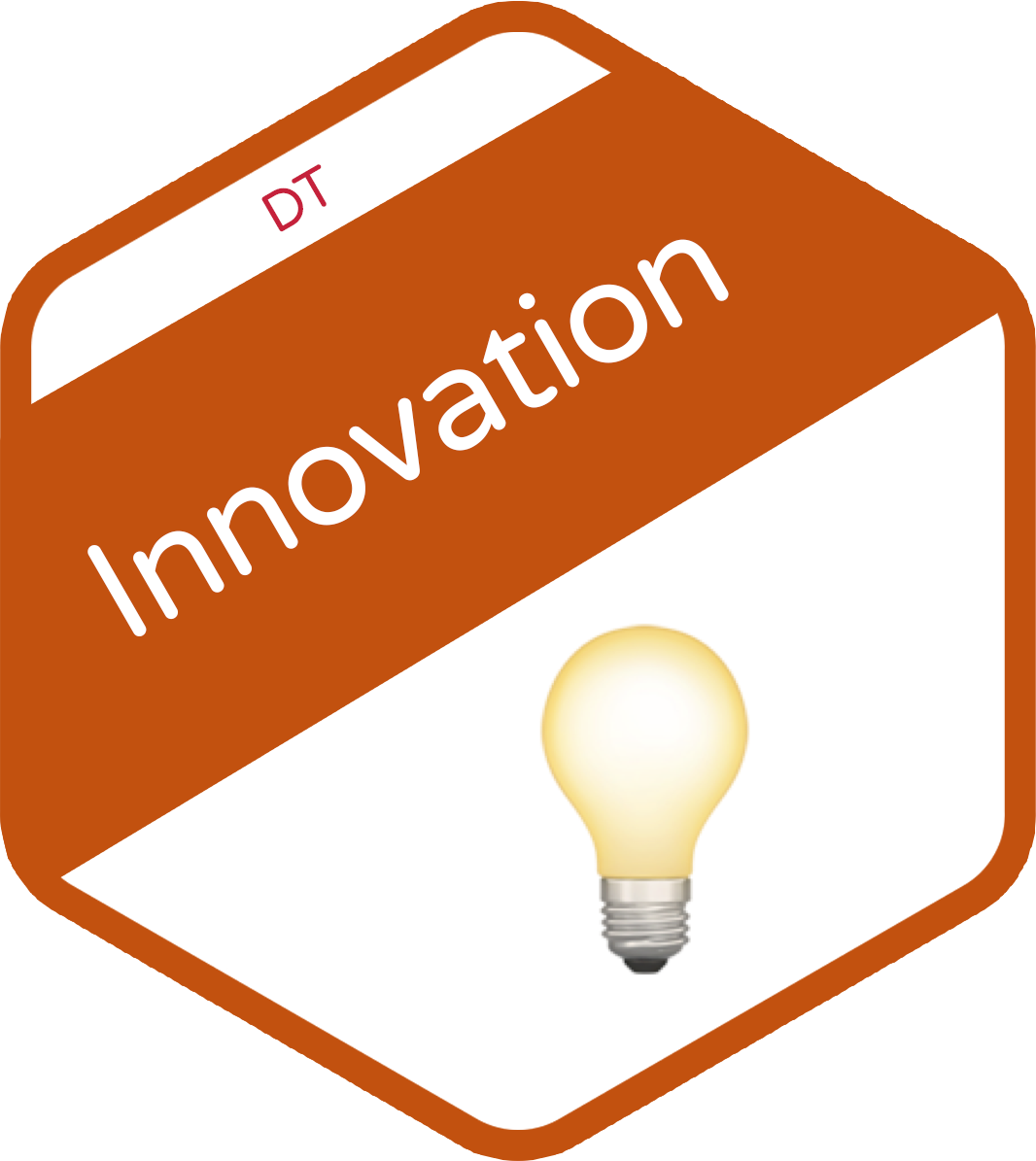
Innovation
The process of making something new or doing something in a new way. Innovation also has to include the concept of improvement; to innovate is not just to do something differently, but to do or make something better.
Other Documents
Useful Links
This page was last updated:
5th December 2022


